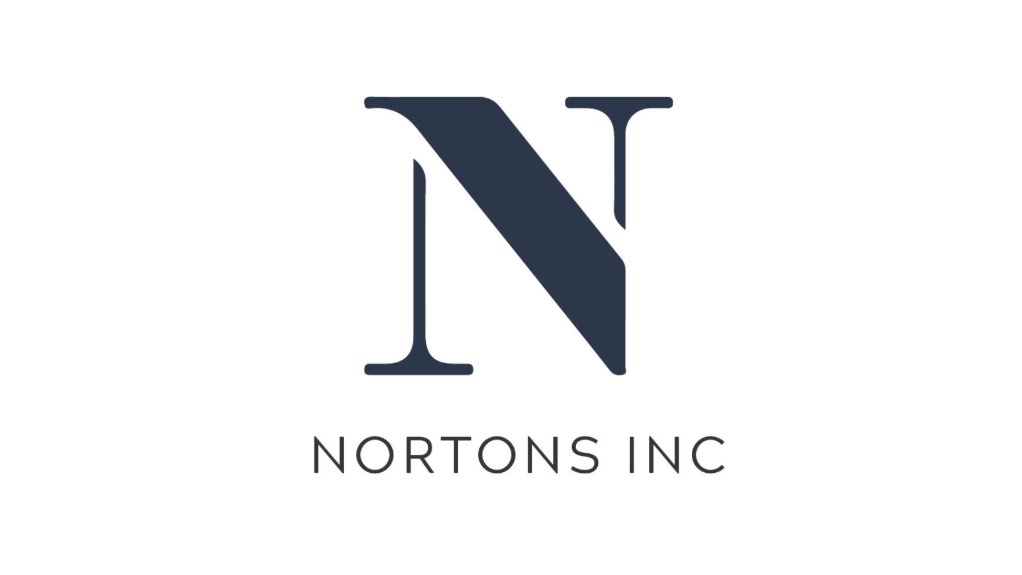The Supreme Court of Appeal (SCA) recently handed down a judgment that should serve as an eye-opener for companies appointing auditing firms to investigate potential fraud or accounting irregularities and assuming that they will be able to claim legal privilege over those reports and, therefore, that they are not disclosable.
In 2017, Steinhoff International Holdings NV (Steinhoff) appointed PricewaterhouseCoopers Advisory Services (Pty) Ltd (PWC) to conduct a forensic investigation into potential accounting irregularities. PWC produced a report setting out the findings of its investigation. Steinhoff then published a summary of the report. Following the publication of the summary, numerous media houses requested access to the full PWC report in terms of the Promotion of Access to Information Act (PAIA), arguing that the report was crucial to the right to freedom of expression of the media and that its disclosure was in the public’s interest. Steinhoff’s attorneys argued that the PWC report was legally privileged, which meant that in terms of section 67 of PAIA, Steinhoff was entitled to refuse to provide access to the report.
On 23 October 2019, the media houses launched an application in the High Court for an order setting aside Steinhoff’s decision to refuse to provide them with access to the PWC report. The High Court held that legal privilege was claimed without providing the underlying facts to enable the court to assess the claim. The High Court also held that there were no facts to support the assertion that litigation was being contemplated when PWC was appointed. As such, the High Court held that Steinhoff had failed to establish that the report was privileged. Steinhoff was unhappy with this outcome and appealed the High Court’s decision to the SCA.
The SCA highlighted that PAIA was enacted to give effect to the right to access to information in section 32 of the Constitution, and “the disclosure of information is the rule and exemption from disclosure is the exception”. Any refusal of access to information is a limitation of the section 32 Constitutional right.
The SCA held that there are two requirements for litigation privilege to exist:
- The document must have been obtained or brought into existence for the purpose of a litigant’s submission to its legal adviser for legal advice; and
- Litigation must have been pending or contemplated as being likely at the time.
The SCA noted that the public statements by Steinhoff regarding the appointment of PWC made no mention of the involvement of Steinhoff’s attorneys. To the contrary, they indicated that the purpose of the report was to allow Steinhoff to publish its 2017 Annual Financial Statements. The SCA highlighted that the question as to who appointed PWC was not important, but rather whether the PWC report was produced for purposes of legal advice or in contemplation of litigation. The mere fact that a law firm has been involved in the appointment of PWC, or that the engagement letter is headed “privileged”, is not on its own sufficient.
The SCA referred to a “dominant purpose test” and concluded that a document created with “the dominant purpose of its author, or of the person or authority under whose direction it was created, of using it to obtain legal advice, or in the conduct or existing or contemplated adversarial litigation, is privileged and shielded from inspection and production”. It was concluded by the SCA that this was not the purpose for which the PWC report was prepared and, therefore, its disclosure was justified.
It is also crucial for companies to be cautious about publishing brief "overview" documents related to the main forensic investigations, as this could result in the company waiving its privilege over the full forensic report. The SCA held that this is exactly what Steinhoff did when it published its 11-page overview document relating to the PWC report.
Another curveball for companies is section 70 of PAIA. This section effectively means that even if a ground of refusal in terms of section 67 is applicable – such as privilege – a document must nonetheless be disclosed if the public interest in the disclosure of the document clearly outweighs the harm contemplated in the provision in question. This approach is consistent with the common law principle that privilege cannot be invoked to commit or cover up fraud or crime. As such, the SCA held that the public’s interest in the disclosure of the PWC report outweighed the harm which would have been suffered by Steinhoff.
Another important statement emanating from the SCA’s judgment is:
- “The public interest, more specifically, the right of South African society at large to know the facts about the Steinhoff scandal, goes beyond the narrow interest of Steinhoff, and is best served by exposing the nation’s biggest corporate scandal through complete transparency, to avoid recurrence.”
- It is, therefore, important to ensure that where forensic exercises are performed for the purpose of litigation or obtaining legal advice that:
- attorneys are appointed from the outset, and
- the Company avoids making detailed public statements that could constitute a waiver of privilege.
Written by Nina Greyling of Nortons Inc
EMAIL THIS ARTICLE SAVE THIS ARTICLE ARTICLE ENQUIRY FEEDBACK
To subscribe email subscriptions@creamermedia.co.za or click here
To advertise email advertising@creamermedia.co.za or click here











